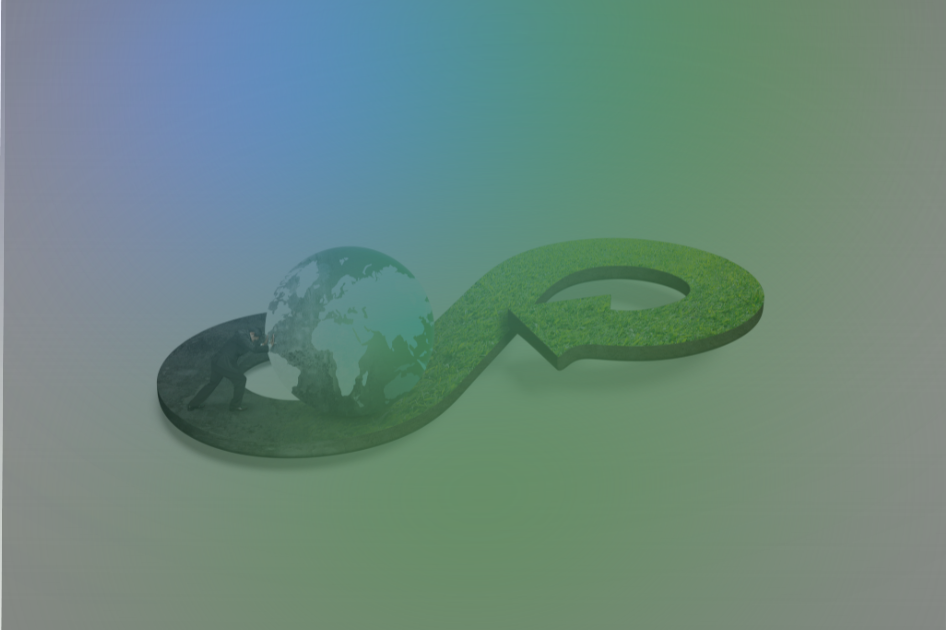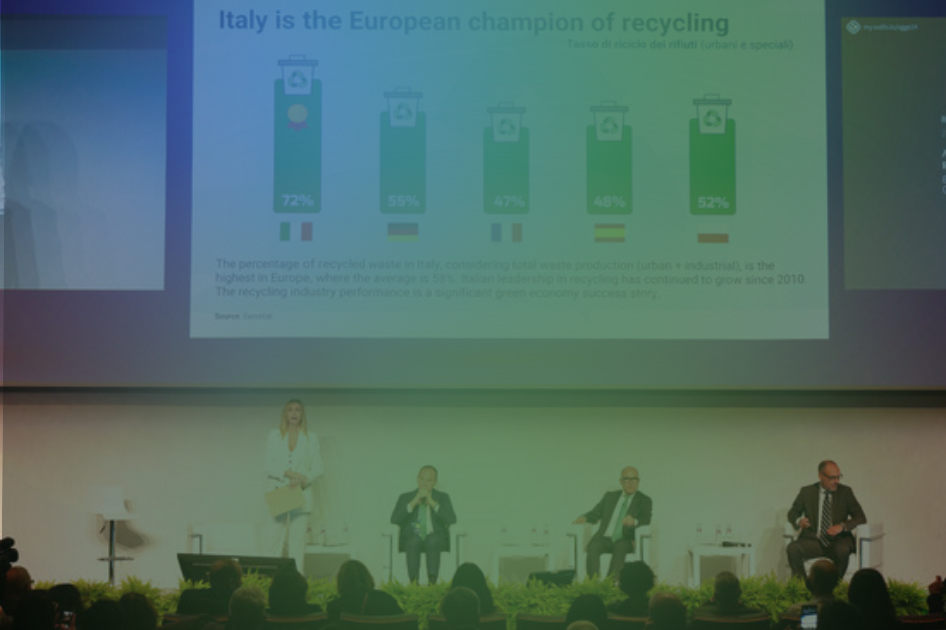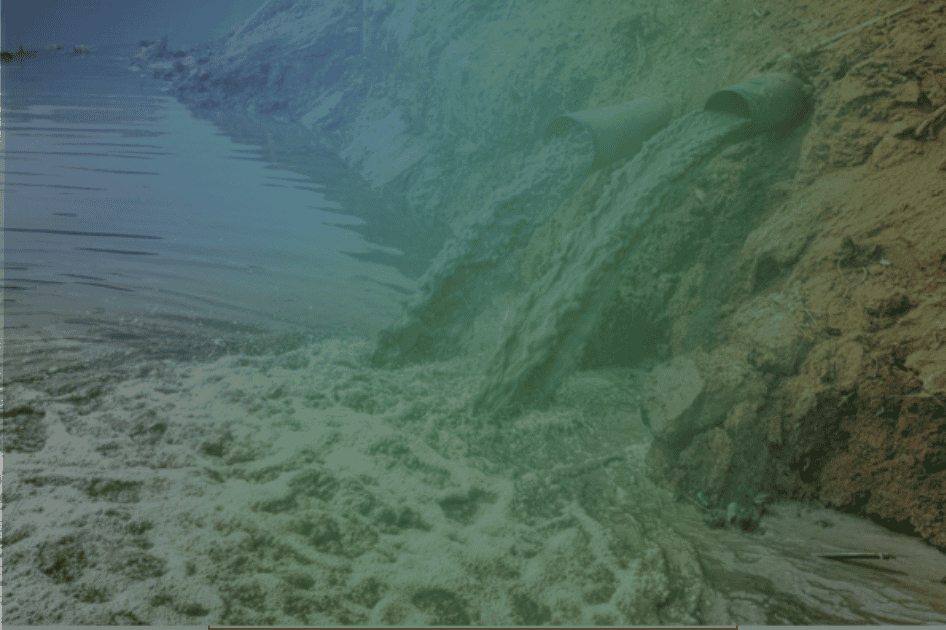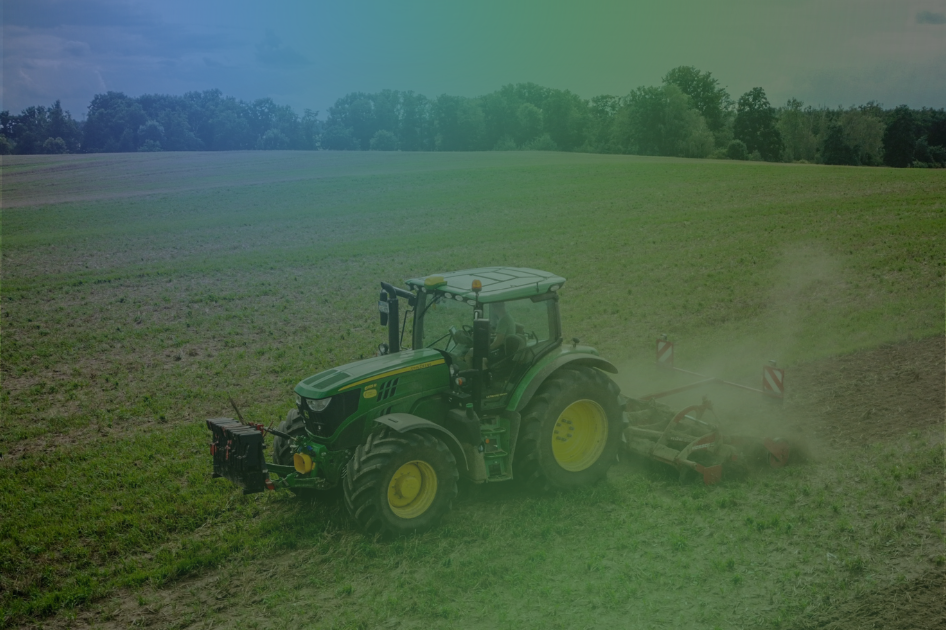Plastic-free July: does it really make sense to talk about a world without plastic?
Plastic pollution: the key word is responsibility
Since 2011, July has been known as “plastic free ” month: a global campaign launched by the Plastic Free Foundation to raise awareness among citizens, businesses, and institutions about the use of plastic, particularly single-use items, and its environmental impact. However, this slogan risks oversimplifying the topic without going into depth and unnecessarily demonising a valuable material that is fundamental in many areas of our lives.
Beware of simplistic slogans
The alarm over plastic pollution is both real and global. According to the United Nations Environment Programme, the equivalent of 2,000 rubbish lorries full of plastic is dumped into the world’s ocean, rivers, and lakes every day. Each year, an estimated 19 to 23 million tonnes of this waste end up in aquatic ecosystems, fuelling the now widespread problem of microplastics.
What does the future hold? The Organisation for Economic Co-operation and Development (OECD) estimates that, without stronger policy measures, the production and use of plastic could surge by 70% by 2040, rising from 435 million tonnes in 2020 to 736 million, with only 6% of plastics derived from recycled sources.
Aiming for a plastic-free world, however, makes little sense: it’s a slogan lacking in realism and substance, and one that many now regard as outdated. <<The problem isn’t the material itself, but how it’s used and managed at the end of its life,>> says Andrea Campelli, director of External Relations and Communications at Corepla, Italy’s national consortium for the collection, recycling, and recovery of plastic packaging. <<The idea that eliminating plastic is automatically an ecological choice is a misleading communicative shortcut. We shouldn’t be fighting a supposed enemy, but rather examining the behaviours that make this material polluting.>>
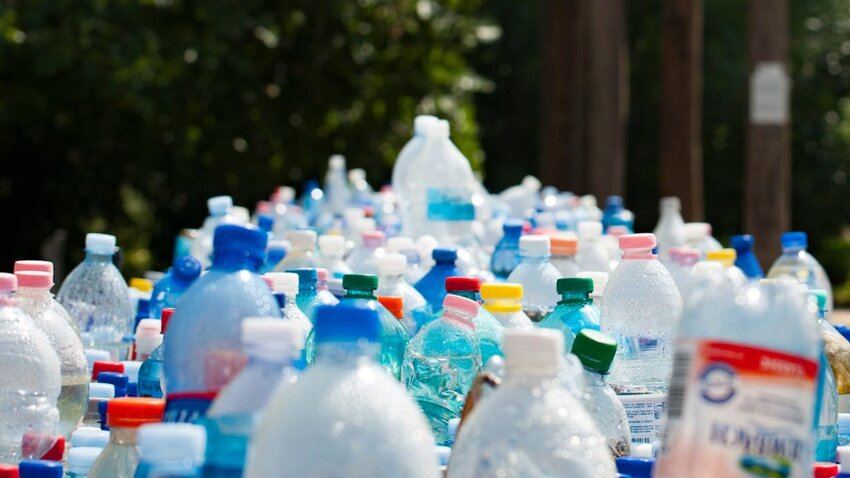
Ecomondo
Why plastic is often irreplaceable
Plastic remains irreplaceable in around 90% of the applications for which it is currently used, thanks to a combination of key advantages: affordability, lightness, versatility, and recyclability. And materials that appear to be greener are not always so; on the contrary, <<To understand how polluting different solutions are, quantifying the environmental impact of a product, we need to carry out a serious scientific analysis and make comparisons.>>
The only method is Life Cycle Assessment (LCA), a methodology that evaluates the environmental impact of a product, process, or service across its entire life cycle, from production to disposal, taking into account all inputs (resources, energy) and outputs (emissions, waste) at every stage. <<In this context, plastic always comes out on top because, for example, it’s light, requires less energy to produce, can be transported as preforms, and is less expensive,>> Campelli continues. <<Take food packaging, for instance. There is much discussion at the moment around replacing plastic containers used for fruit, vegetables, or other food items. But conventional plastics are not always the most environmentally harmful option.>>
This is demonstrated by a study carried out by the Aware (Assessment on Waste and Resources) research group at the Politecnico di Milano, published in the journal Waste Management & Research under the title <<How does plastic compare with alternative materials in the packaging sector? A systematic review of LCA studies>>.
Production and end of life: the actions we must take
If plastic is difficult to replace, the right path is to learn how to manage it properly, both at the start and end of its life cycle. To begin with, during the production phase, businesses can take steps towards greater sustainability in several ways: reducing overpackaging, encouraging reuse, promoting the use of monomaterials (which are easier to recycle), and strengthening eco-design, that is, the development of packaging conceived from the outset with circular economy principles in mind.
- You may also be interested in: Reuse or recycle? The answer to the world's plastic overconsumption
Equally crucial is end-of-life management. As is well known, unlike other materials, plastic does not degrade naturally and therefore should never be discarded in the environment. <<But this is something that depends on people's behaviour, it’s not the material’s fault,>> Campelli adds. <<This is where citizens come into play, as they can make a difference by sorting their waste properly and disposing of it correctly, as well as all those who are responsible for ensuring that this system works, namely consortia, municipalities, and public utilities.>>
Separate waste collection in Italy
In this regard, according to Corepla, in 2024 Italy collected more than 1.500.000 tonnes of plastic packaging through separate waste collection, an increase of 4% compared to 2023. The per capita average exceeded 26 kg per inhabitant, reflecting a growing environmental awareness among the population. Sardinia ranked first for per capita collection (36.4 kg per inhabitant), followed by Veneto (30.9 kg) and Liguria (29.6 kg), the latter recording an 11% rise. Also noteworthy is Basilicata’s exceptional performance: with a 40% increase, it climbed significantly in the rankings. The COREPLA system involved 7,396 municipalities, covering 97% of the Italian population, over 57 million citizens. Recycling reached 931,096 tonnes, bringing the European target of 50% forward by one year.
Another key figure concerns the fate of plastic packaging that is not yet recyclable: 87% was recovered by cement plants as a substitute for fossil fuels, 13% was processed in waste-to-energy plants, and just 0.06% ended up in landfills.
Responsibility for everyone
According to Andrea Campelli, the key word to focus on, not just during Plastic Free month, but throughout the entire year, is responsibility. <<It’s a powerful concept, one that connects all the players and all the links in this chain. Because raising environmental awareness alone isn’t enough, unless it translates into responsible behaviour across the board, which, in the case of individuals, also concerns the way they dress, eat, and travel.>>
- You may also be interested in: 5 under 30 who have revolutionized the circular economy
Accurate and in-depth information is essential: <<Sustainability is a complex topic that must be addressed scientifically. It should not be simplified through slogans or infographics, nor reduced to occasional behaviour. Awareness is needed, otherwise there is a risk of emptying this word of its meaning.>>
Article written by Maria Carla Rota
This blog is a joint project by Ecomondo and Renewable Matter
PUBLICATION
14/07/2025


